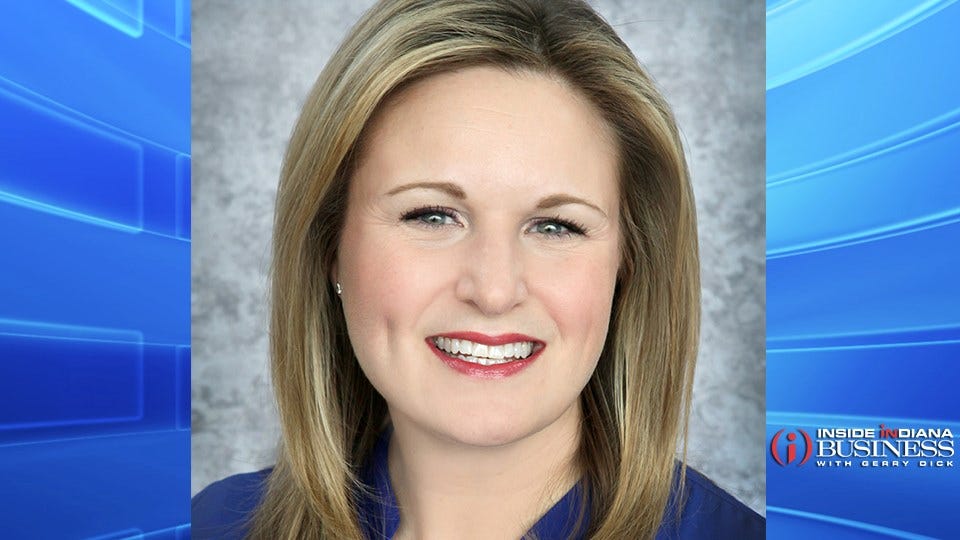Starting a Small Business? You Need the Right Checking Account

Subscriber Benefit
As a subscriber you can listen to articles at work, in the car, or while you work out. Subscribe NowYou found your big idea; now it is time to start planning for a successful business launch. Before you open your doors, establishing a small business checking account should be at the top of your to-do list.
Starting a business is an exciting time. Many new business owners start funding expenses from their own pockets, using personal checking accounts and credit cards. By creating a clear distinction between personal and business expenses, you will be better off. Having separate finances improves your visibility into the cash flow and performance of your business. At tax time, you may be able to claim deductions for business-related expenses (travel and supplies); keeping an account for those expenses makes it easier for your accountant. Additionally, it may help you protect your personal assets and credit down the road.
Evaluate your current banking relationship. Have you been happy with the service you receive? Will they be a good fit for your expanding needs? Does your bank welcome small businesses? Factors to consider include costs of maintaining your account, rewards for your relationship and ease of use.
Managing expenses will help your bottom line. When your checking account is not the right size for your business, Fees can add up quickly, reducing your business profit. Look for ways to avoid account fees, such as with a relationship (multiple accounts) or a minimum balance. A checking account with no balance requirement may be best if you are just getting started, as unpredictable cash flows lead to account fluctuations.
Unlike your personal checking, some small business accounts may have limits on transactions, such as 100/month, and charge fees when you exceed them. A “transaction” can include anything from each check deposited, to ATM withdrawals, debit card purchases, transfers and electronic payments. Unsure about your initial activity? Look for a bank account without transaction limits.
How does your bank reward you for your relationship? Not all banks pay interest on account balances. Or there may be stipulations to earn interest. Branchless, online-only banks have consistently led the industry in offering higher interest rates due to lower overhead.
Before you choose a bank based on proximity, consider whether you actually need in-person transactions. Once the most frequently cited reason to maintain a branch relationship, cash transactions have declined dramatically. As of February 2021, the Federal Reserve noted only one-third of consumers reported making any in-person cash payments, compared to 96% in October 2019. If you are able to break free of the branch, you can expand your search, opening more possibilities.
Seasoned small business owners agree, every day will be an adventure. A majority work evenings and weekends. Traditional bankers’ hours may not meet your needs. Make sure your bank goes with you providing expanded support hours with online and mobile accessibility. Suppliers may want to receive payment electronically; look for ACH services allowing you to send payments easily. And, unlike your personal account, you may wish to grant permissions to others, such as an accountant, to log in and access your account history. If that is the case, look for “shared account access” or “entitlements”.
All of these technical aspects are important, but also consider the bank itself. Good relationships are based on mutual respect and trust. You must believe that they can provide the financial expertise and services you need in exchange for holding your operating account.
Your small business checking account will play a big role in your day-to-day operations. Spend time making sure you have the right banking relationship for your needs. While the “right” account differs for everyone, the importance of selecting one that aligns with the flow of your business is universal.
Nicole Lorch is President and Chief Operating Officer of First Internet Bank. She joined First Internet Bank in February 1999.
